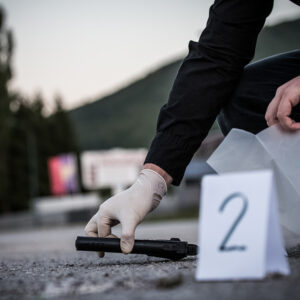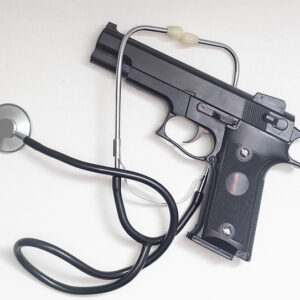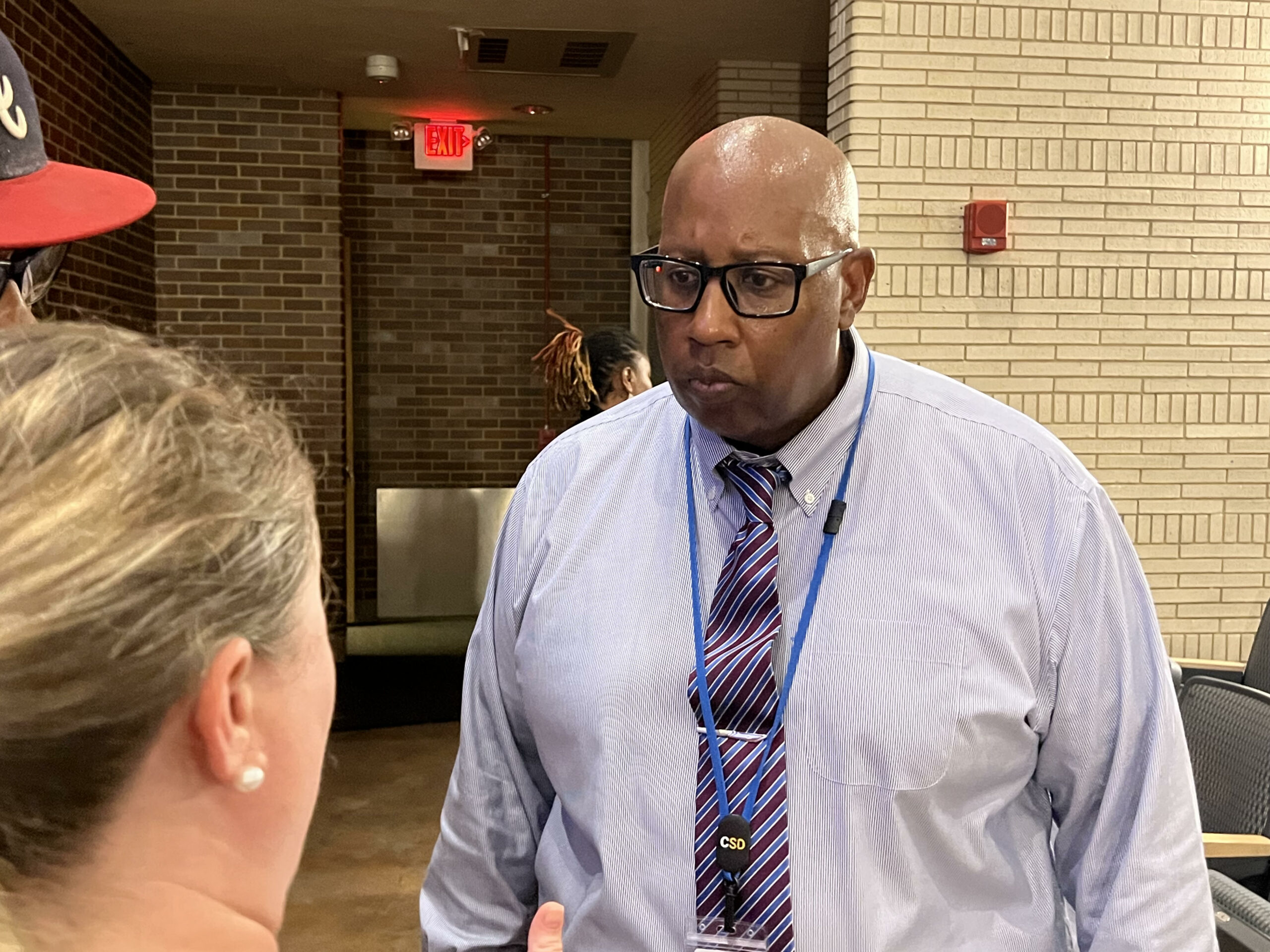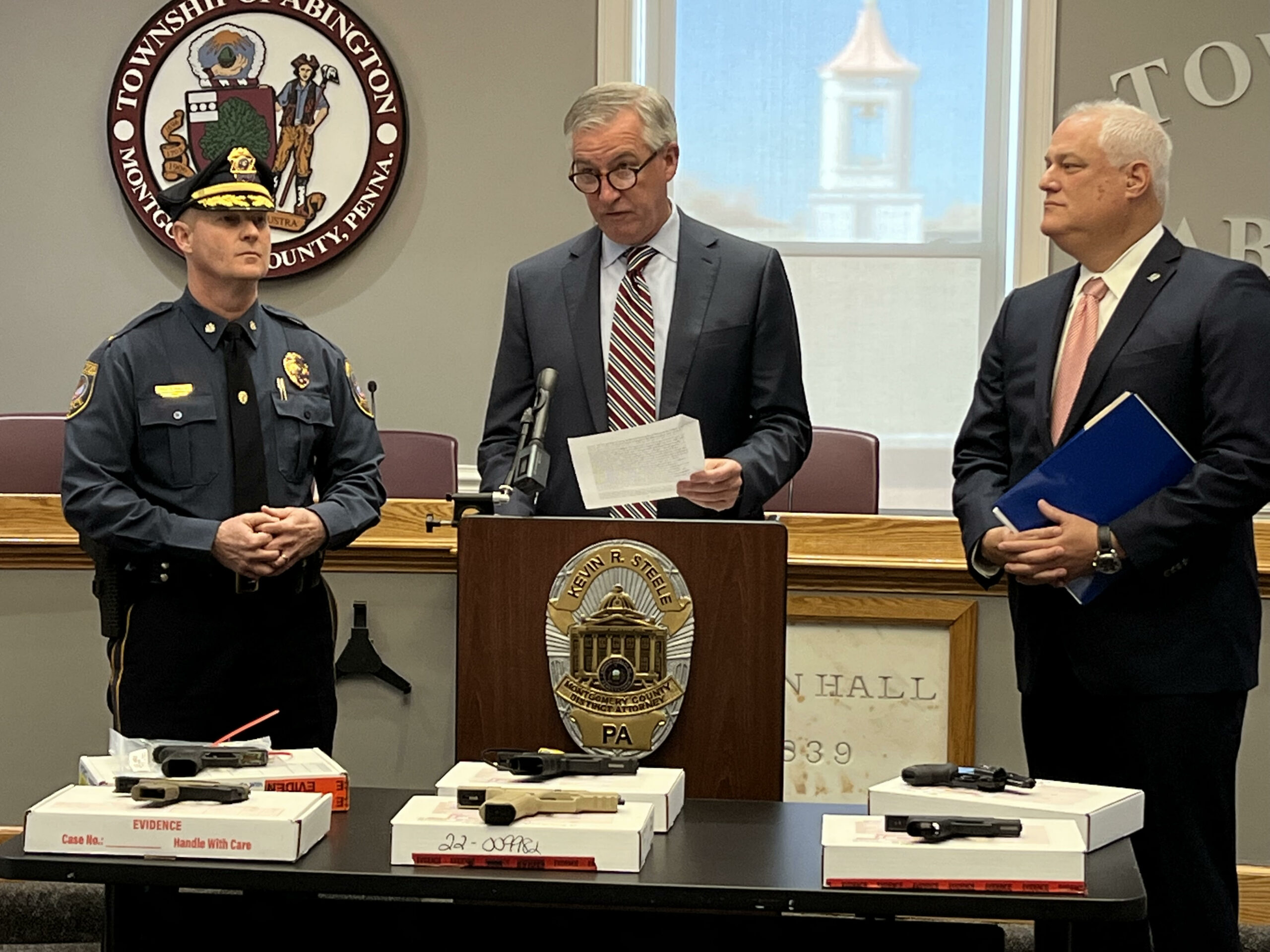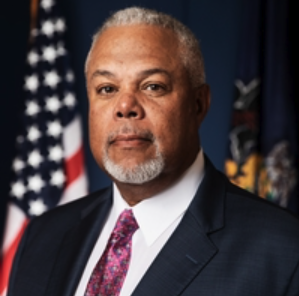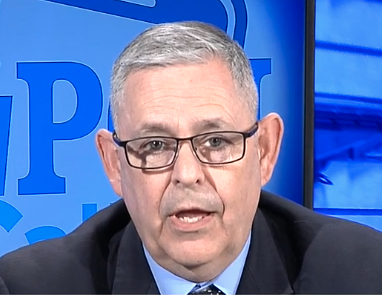Delco: More Police Training in Wake of Fanta Bility’s Death

In August 2021, 8-year-old Fanta Bility died after she was struck by gunfire from Sharon Hill police officers, who were firing in response to nearby gunshots.
On Monday, the Bility family and state lawmakers announced legislation requiring Delaware County police to have more training in hopes of avoiding another tragedy.
Siddiq Kamara, a cousin and spokesman for the Bility family, told DVJournal the family has been working on the bill for the last eight months.
“We spoke to elected officials and stakeholders in the county, in the commonwealth, trying to have better police training. That’s really needed. So we’re very, very grateful to have this announced today.
“We have the support of a lot of elected officials,” said Kamara. “Because everybody wants police training and more police training and situational awareness training. We got a lot of positive feedback on this bill.”
While police officers already undergo firearms training, the measure would require “situational training, not just taking a firearm and going to the range and just shooting at a target but actually putting them in a situation where you have to react,” Kamara said.
Police fatally shot young Fanta and wounded her sister as the family left a football game. The officers– Brian Devaney, Sean Dolan, and Devon Smith— believed the gunfire came from a nearby car. After an extensive criminal investigation by the Delaware County District Attorney’s Office, the three were arrested and pled guilty to 10 counts of recklessly endangering another person. Previously, the Bility family had reached an $11 million settlement with Sharon Hill Borough and other defendants, according to their attorney Bruce L. Castor Jr.
“I’m grateful to be here today,” said Fanta’s mother tearfully at a Monday morning press conference outside Academy Park High School, where her daughter was shot. “I thank everybody.”
State Rep. David Delloso (D-Ridley Park), who is sponsoring the bill, said, “Our police are begging for additional training. My legislation isn’t about spending more time at the range shooting straighter. It’s about making the best decision in a high-pressure situation.”
Sen. Anthony Williams (D-Delaware), a Senate sponsor, was also on hand, along with District Attorney Jack Stollsteimer.
Kamara, president of the Fanta Bility Foundation, said the Fraternal Order of Police also supports the bill.
Castor said he’d like to see police throughout Pennsylvania receive the additional training.
“This training needs to be implemented statewide,” said Castor. “The more often police officers are put in a position where they have to make snap judgments about whether to use deadly force or not in a controlled practice setting, the better.
“If you don’t have that adrenaline going through you at training, how can we expect our officers to handle the situation correctly when the adrenaline is pumping for real. That is why creating as close to realistic conditions as possible, with graded where failure means redoing the training, is absolutely essential. That is the message of Fanta’s law, I hope. That is what we asked the judge to order. It appears that members of the general assembly in Delaware County. were listening, and I commend them for this common sense approach to policing, especially when we’ve seen so many crazy proposals concerning policing come about late,” said Castor.
Please follow DVJournal on social media: Twitter@DVJournal or Facebook.com/DelawareValleyJournal


